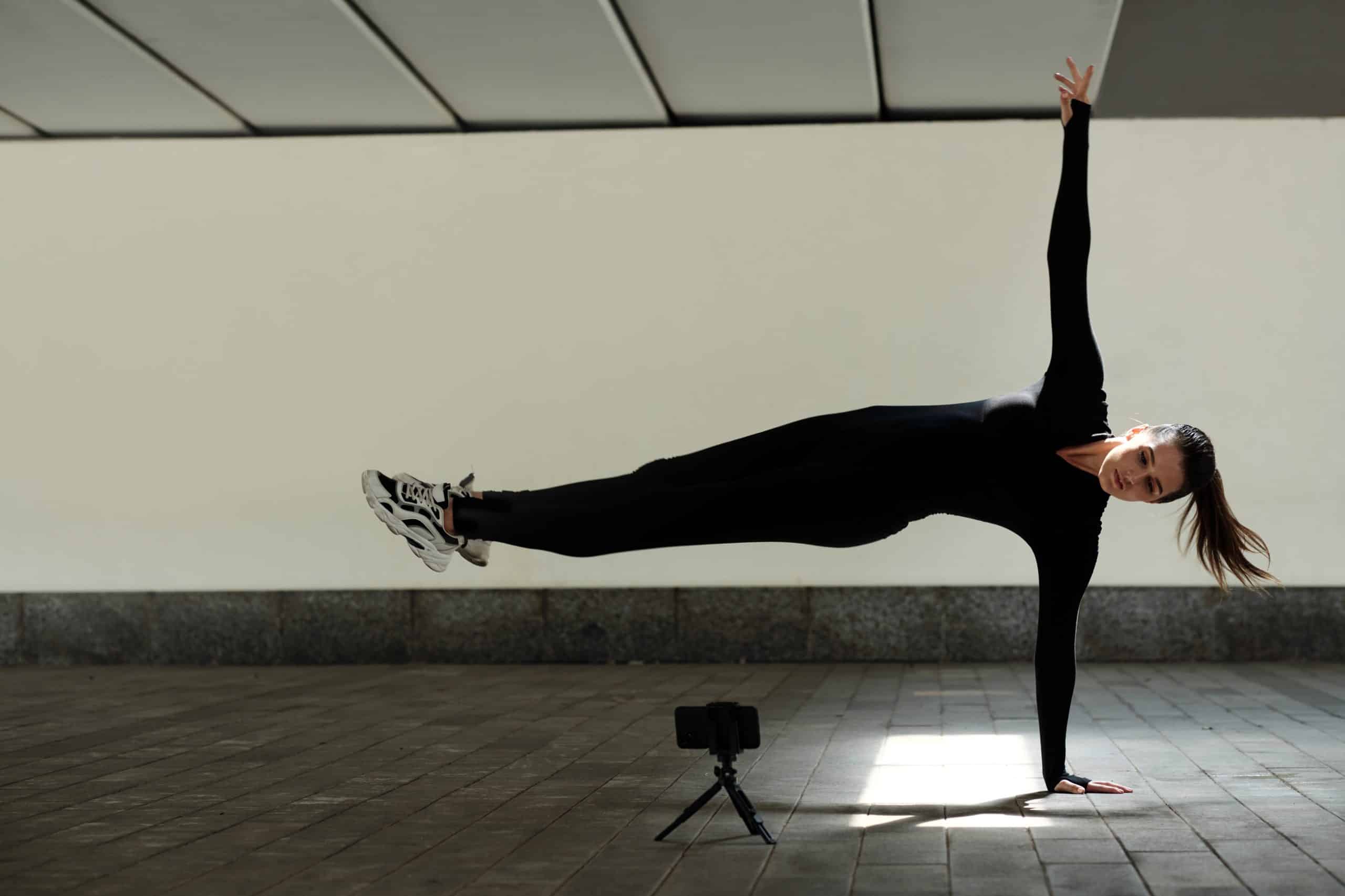In the realm of sports performance, a topic that has been gaining significant attention within the scientific and athletic communities is the role of sleep in optimizing athletic performance. Specifically, in multi-event sports like the decathlon, where athletes compete in ten different track and field events, the impact of sleep can be crucial. This article will delve into the current research, predominantly sourced from PubMed and Crossref, to elucidate the optimal sleep pattern for decathlon athletes aiming to maximize their performance.
The Importance of Sleep in Athletic Performance
Sleep is a fundamental component of maintaining good health and well-being. It plays a crucial role in various bodily functions, including muscle repair, memory consolidation, and hormone regulation, all of which are vital for an athlete’s performance.
A découvrir également : What’s the Role of Autonomic Nervous System Monitoring in Enhancing Performance in MMA Fighters?
According to numerous studies published in reputable scholarly journals, a lack of sleep can lead to decreased energy, slower reaction times, reduced endurance, and an increased risk of injuries. On the other hand, adequate sleep can enhance performance, increase energy levels, and improve overall health.
In a study referenced on PubMed, athletes who increased their sleep time over 5-7 weeks showed significant improvements in sprint times, shooting accuracy, and reaction times. Another study, cited on Crossref, demonstrated that athletes who slept less than 8 hours per night had a 1.7 times higher risk of injury than those who slept more than 8 hours. These studies underscore the importance of optimal sleep patterns in promoting high performance among athletes.
A lire aussi : How Can Phased Neurological Training Improve Coordination in Professional Ballet Dancers?
Decathlon: A Unique Athletic Demand
Decathlon truly puts an athlete’s endurance and versatility to test. The ten events, which include running, long jump, shot put, high jump, 400 m, 110 m hurdles, discus throw, pole vault, javelin throw, and 1500 m, are spread over two days. This unique structure poses significant challenges to athletes’ energy levels, recovery times, and overall performance.
A decathlon competitor must be exceptionally well-trained to excel in this diverse set of events. Therefore, not surprisingly, the training schedules for decathlon athletes are intense and time-consuming. The sheer physical and mental toll of the training and competition demands an optimal recovery strategy, with sleep playing a crucial role.
Understanding Sleep Patterns
Sleep patterns refer to the timing, length, and quality of sleep. They can vary widely among individuals and are influenced by various factors, including age, lifestyle, and health status. However, for athletes – and particularly for decathlon competitors – it is crucial to understand and optimize these patterns.
The National Sleep Foundation recommends 7-9 hours of sleep per night for adults. However, for athletes, this suggested amount may need to be increased, given the additional physical strain they undergo. According to a study published in the Journal of Sports Sciences, increasing sleep duration to 10 hours per night can notably enhance an athlete’s performance.
Optimizing Sleep for Decathlon Athletes
So, what is the optimal sleep pattern for maximizing performance in decathlon competitors? While there is no one-size-fits-all answer, the research suggests aiming for a minimum of 8-10 hours of high-quality sleep per night.
In addition to duration, the quality of sleep is equally important. High-quality sleep involves spending a significant amount of time in the deep and REM stages of sleep, which are crucial for muscle repair and memory consolidation. To enhance sleep quality, athletes can incorporate strategies like maintaining a consistent sleep schedule, creating a sleep-friendly environment (dark, quiet, and cool), and avoiding stimulants like caffeine close to bedtime.
The timing of sleep is another crucial factor. According to a study in the Journal of Sports Medicine, athletes may benefit from a biphasic sleep pattern, which involves sleeping for a longer duration at night and taking a short nap during the day. This pattern aligns well with the structure of the decathlon, allowing competitors to recharge in between events.
In conclusion, while more research is needed to define the perfect sleep formula for decathlon athletes, the current studies underscore the importance of getting ample, high-quality sleep, timed correctly, to enhance performance. Whether you’re an athlete or a spectator, understanding the critical role of sleep in performance can shed light on what it takes to excel in this demanding sport.
The Role of Sleep in Decathlon Training and Competition
The physical and mental demands of a decathlon competition are immense. Over two intense days, an athlete participates in ten different track and field events, including long jump, high jump, pole vault, and various running and throwing competitions. The diversity of these events requires a competitor not only to have individual skills but also exceptional endurance and versatility.
Training for such a competition is as demanding as the event itself. It involves long-term preparation, which often includes rigorous physical exercises, diet management to maintain body mass, and mental training for focus and resilience. Training schedules can be intense and exhausting, emphasizing the need for effective recovery strategies. This is where sleep, a key element in athletic performance, plays a pivotal role.
Several studies sourced from PubMed, Crossref, and Google Scholar indicate that optimal sleep can significantly improve athletic performance. A study referenced on Google Scholar highlighted that a well-rested athlete can improve energy levels, reaction times, and endurance. It is not just about the quantity but the quality of sleep that matters. High-quality sleep, characterized by appropriate time spent in deep and REM sleep stages, can enhance muscle repair and memory consolidation, leading to improved performance.
Tapping into the benefits of sleep for decathlon athletes, however, demands a comprehensive understanding of sleep patterns and how they can be manipulated for maximum benefit.
The Optimal Sleep Pattern for Decathlon Athletes
The National Sleep Foundation recommends 7-9 hours of sleep for the average adult. However, for endurance athletes like decathlon competitors, this duration might not suffice. Studies suggest that athletes should aim for 8-10 hours of high-quality sleep every night. The additional sleep hours can provide the much-needed rest for the muscles and the mind, preparing the athletes for the intense competition days.
Sleep quality is a critical factor here. High-quality sleep involves spending considerable time in the deep sleep and REM phases, which are crucial for muscle recovery and memory consolidation. Maintaining a consistent sleep schedule, creating a sleep-friendly environment (dark, quiet, and cool), and avoiding stimulants like caffeine close to bedtime can enhance sleep quality.
Besides, decathlon athletes might benefit from a biphasic sleep pattern, which involves sleeping for a longer duration at night and taking a short nap during the day. This pattern aligns well with the rigorous schedule of a decathlon event, allowing competitors to recharge in between events. Moreover, this sleep pattern could help regulate blood glucose levels, which could be a significant advantage for distance athletes.
However, as with any strategy that involves individual performance, there is no universally applicable solution. Each athlete may respond differently to sleep patterns, and thus, it’s crucial to monitor and adapt the strategy as needed.
Conclusion
Sleep, often overlooked, is a potent tool in an athlete’s arsenal. For decathlon competitors, who face unique and intense physical and mental challenges, optimizing sleep can be a game-changer. While more research is needed to define the perfect sleep formula for these athletes, current studies emphasize the importance of aiming for 8-10 hours of high-quality sleep, timed correctly.
In their pursuit of excellence in the demanding sport of the decathlon, understanding and harnessing the power of sleep could be the edge athletes need. Whether you’re an athlete, a coach, or an avid follower of the sport, recognizing the link between sleep and performance can provide a new perspective on what it takes to excel.











